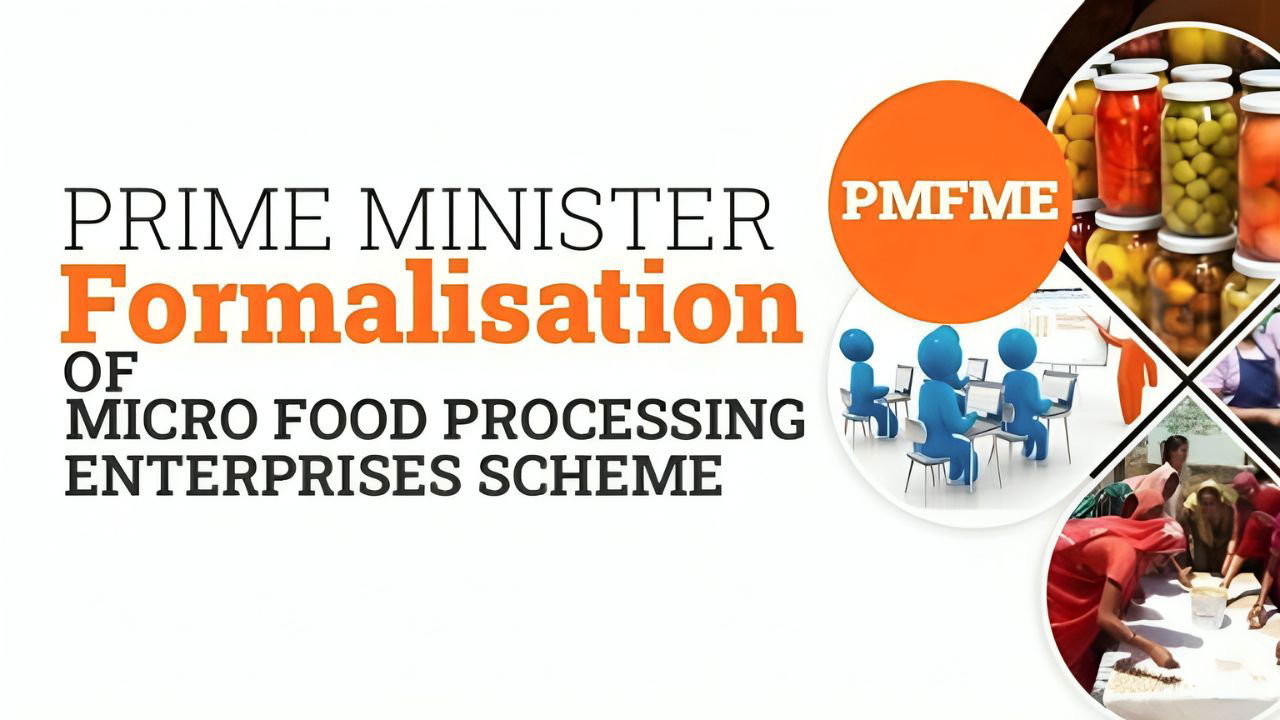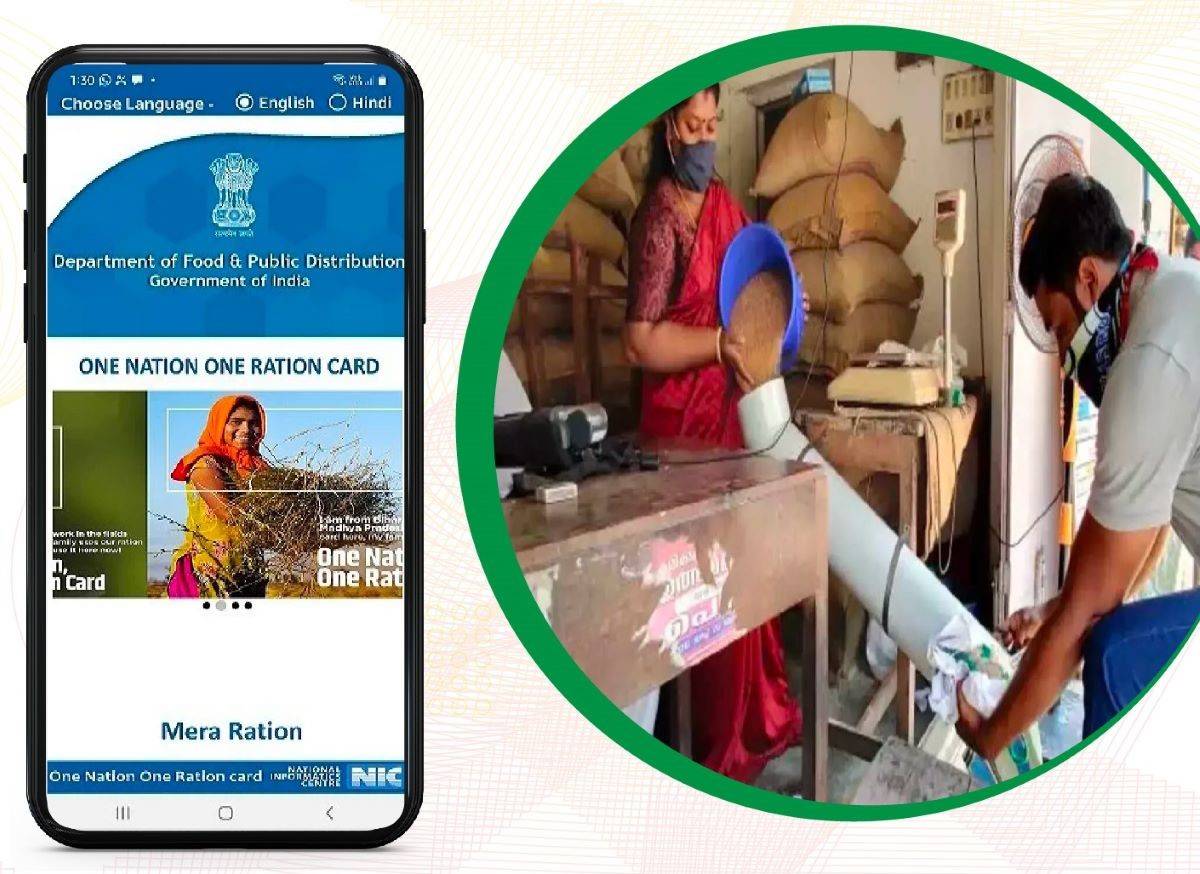
Fixed vs Floating MSME Loan Interest Rates: Which Saves More?

Access to capital is essential for growing any small business, but knowing how much that capital will cost you is just as important.
When applying for a business loan, one of the key decisions you'll need to make is choosing between a fixed or floating MSME loan interest rate. This decision directly affects your repayment amount, financial planning, and potential savings. So, how do you decide which option is better for your business?
Let's explore both types of interest rates, how they work, and how to pick the best one based on your goals.
Understanding MSME Loan Interest Rates
An MSME loan interest rate refers to the rate at which interest is charged on loans taken by Micro, Small, and Medium Enterprises (MSMEs). These loans are usually provided by banks or financial institutions and are designed to meet working capital, expansion, or equipment-related needs.
Rates are influenced by several factors:
-
RBI's repo rate
- Borrower's credit profile
- Loan amount and tenure
- Type of lender (public, private, or NBFC)
- Market conditions
You can opt for either a fixed or floating MSME loan interest rate, depending on what suits your financial outlook.
Fixed Interest Rate: Predictability Over Flexibility
A fixed interest rate remains constant throughout the loan tenure. Once agreed upon, the bank does not change your interest rate, regardless of market fluctuations.
Pros:
- Stable EMIs: Your monthly instalments won't change, which helps in budgeting.
- Financial Planning: Easier to plan long-term cash flow and expenses.
- No Surprises: Even if market interest rates rise, your rate remains unaffected.
Cons:
- No Benefit from Rate Cuts: If the RBI reduces rates or market conditions improve, you continue paying the higher rate.
- Typically Higher at the Start: Fixed rates tend to be slightly higher than floating rates at the time of loan sanction.
Businesses looking for predictable expenses and long-term stability may prefer a fixed MSME loan interest rate, especially during periods of rate volatility.
Floating Interest Rate: Flexibility with Risk
A floating MSME loan interest rate is tied to an external benchmark (such as the RBI repo rate). As the benchmark changes, so does your interest rate and EMI.
Pros:
- Benefit from Rate Drops: If market interest rates fall, your EMI reduces, potentially saving you money.
- Lower Initial Rates: Floating rates are usually lower at the start compared to fixed rates.
Cons:
- Fluctuating EMIs: Monthly payments can rise, which may impact budgeting.
- Uncertainty: Difficult to plan long-term finances due to rate variability.
If your business can tolerate some level of risk and wants to take advantage of potential rate reductions, floating rates offer more value over time.
MSME Bank Lending Trends: What the Data Says
Many banks offer both options, with floating interest rates becoming increasingly popular after the RBI mandated external benchmarking. This ensures better transparency for borrowers and ties loan rates to macroeconomic trends.
Typical interest rate range as of now (indicative only):
- Fixed MSME loan interest rate:75% – 22.50% p.a.
- Floating MSME loan interest rate: Linked to external benchmarks, subject to periodic resets.
Rates may vary based on creditworthiness, tenure, collateral offered, and internal bank policies.
Which MSME Loan Interest Rate Saves More?
The answer depends on market timing, loan duration, and your business's ability to manage cash flow variability.
When Fixed Rates Make Sense:
- If interest rates are expected to rise
- If you need consistency in EMI for better forecasting
- If you're taking a long-term loan and want to lock in a rate
When Floating Rates are Better:
- If you expect rates to fall in the coming quarters
- If your cash flow can handle EMI fluctuations
- If you plan to prepay the loan within a short period (less exposure to rate hikes)
By assessing your priorities, certainty vs savings, you can decide which MSME loan interest rate structure better aligns with your goals.
What to Discuss with Your MSME Bank?
Before finalising your loan, have a conversation with your relationship manager or loan officer. Ask:
- What is the current benchmark and spread?
- Is there an option to switch between fixed and floating?
- Are there any penalties for early repayment or switching?
- How often will rate adjustments be made?
Getting clarity on these aspects will help you make an informed decision and avoid unexpected financial strain later.
Balance Risk and Reward
Choosing between fixed and floating MSME loan interest rates is not just a financial decision; it's a strategic one. Your risk appetite, market outlook, and business maturity should all factor into your choice.
A fixed rate offers peace of mind, while a floating rate offers potential savings. Neither is universally better; the right option depends on your business's unique needs and ability to absorb changes.
In either case, partnering with a reliable bank that offers flexibility, transparency, and support can make the journey smoother. If you're planning your first venture or need guidance on financing, financial institutions like HDFC can support you.
By staying informed and weighing your options carefully, you can secure an MSME loan interest rate that fuels your growth without adding financial stress.
Source: https://groww.in/p/tax/repo-rate
Related News

Teej Festival 2025: Celebrating Divine Love, Womanhood, and Sacred Traditions Across India and Nepal














































































































































































































































































































































































